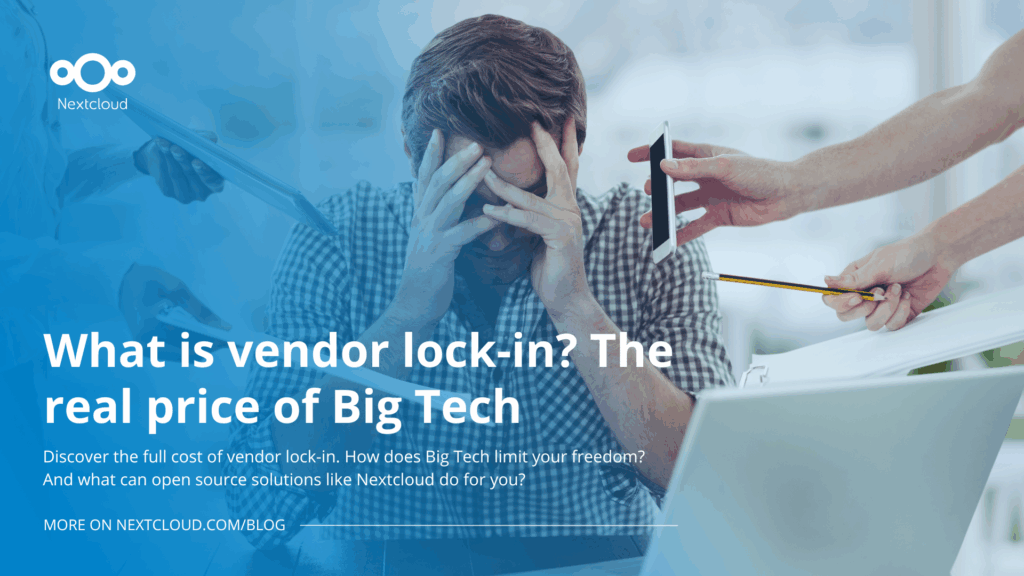Nextcloud release channels and how to track them
With millions of Nextcloud users, there are a wide variety of needs and requirements for a private cloud server. Read this guide to the Nextcloud release channels to pick a versioning strategy that fits you.
The release process
Check out this video that goes through how our release channels work!
We make new versions available incrementally to user installations in our Stable channel. When a major new version comes out, we wait about one week and only when no problems are found, we start the roll out in steps of about 20% of our user base per week.
That means if you maintain several servers, some get it sooner than others. For instance, sometimes an issue is found that was not caught during our pre-release testing, so we delay the roll-out until the fix is available.
As a result, a new release is typically only available in the Stable channel after the first minor release. Sometimes it can take even a bit longer. Users can always upgrade sooner by choosing the beta channel, which typically tracks stable releases immediately after publishing.
After upgrading to the new major release from the Beta channel, you can switch back to stable where you will be notified of minor releases as usual.
Release and maintenance schedule
You can find the release and maintenance schedule on GitHub
Check it outTypes of Nextcloud release channels
Whether you want the latest features, want to help with testing, or just want to wait until everything is perfectly ready to go, we’ve got options for you. We offer 4 release channels: Production, Stable, Beta and Daily. See the table below and compare to find what works best for you or your organization.
| Release channel | Use case | Get it here |
| Production | This channel is used to deliver the Nextcloud Enterprise build to our customers. Our customers have access to a special build of Nextcloud, giving them the reliable Enterprise solution they need for the best possible experience. |
Learn more about our offering for customers. |
| Stable | This channel delivers the latest feature releases ready for most users at minimal risk. Note that Nextcloud does staged roll-outs, making releases incrementally available to the user base over time. We are very careful about new major releases, usually only making them available after the first minor bug fix release. To update sooner to the new version, use the Beta channel. Around big releases the Beta channel delivers the new major version. |
You can get the latest Stable version from our installation page. |
| Beta | Betas and release candidates are the versions of choice for testers in preparation for an Nextcloud release. They provide a short-term-stable point to report bugs against. Grab these to make sure the upcoming release works well on your infrastructure. | Automatically generated snapshot tarballs and betas track daily Nextcloud development. These are suitable to check if bugs are fixed but can break any time. |
| Daily | Daily builds are meant to reproduce bugs as well as to enable testers to follow the development of the next major version. | Archive File (MD5) |
Where to choose a release channel
You can choose a release channel of your preference in the Administrator settings in your Nextcloud instance if you have installed Nextcloud from an archive.
How upgrading works
When upgrading, you can only upgrade to a newer version. Skipping major versions when upgrading and downgrading to older versions is not supported by Nextcloud. For example, if you went via ‘beta’ to 14.0.0rc4 and ‘stable’ is on 13.0.5, you’d have to wait until 14.0.0 or later is in ‘stable’ until a new update will become available.
Note: If you are looking to grab an archive of a specific version you can find links to them in our changelog.
How Nextcloud releases function
Normally, releases don’t show up in the updater app right away. We usually stagger releases out to watch the impact and hold off in case very serious problems pop up. In practice, most bugfix releases are available within a week, major releases to a proportion of the users on release day in the Stable channel; we will increase that percentage usually to 100% after the first bugfix release. Packages for the Release channels might be available in distributions, docker images, Snap and so on, this is up to the packagers and communities developing for those platforms.
To upgrade in the safest way possible, always update to the latest minor release before upgrading to a new version. As an extreme example, to upgrade from 9 all the way to 12.0.5, upgrade 9.0.x to 9.0.6, then upgrade to 10.0.6, 11.0.7, then 12.0.5. We try to set up our updater to do this automatically for you whenever possible.









